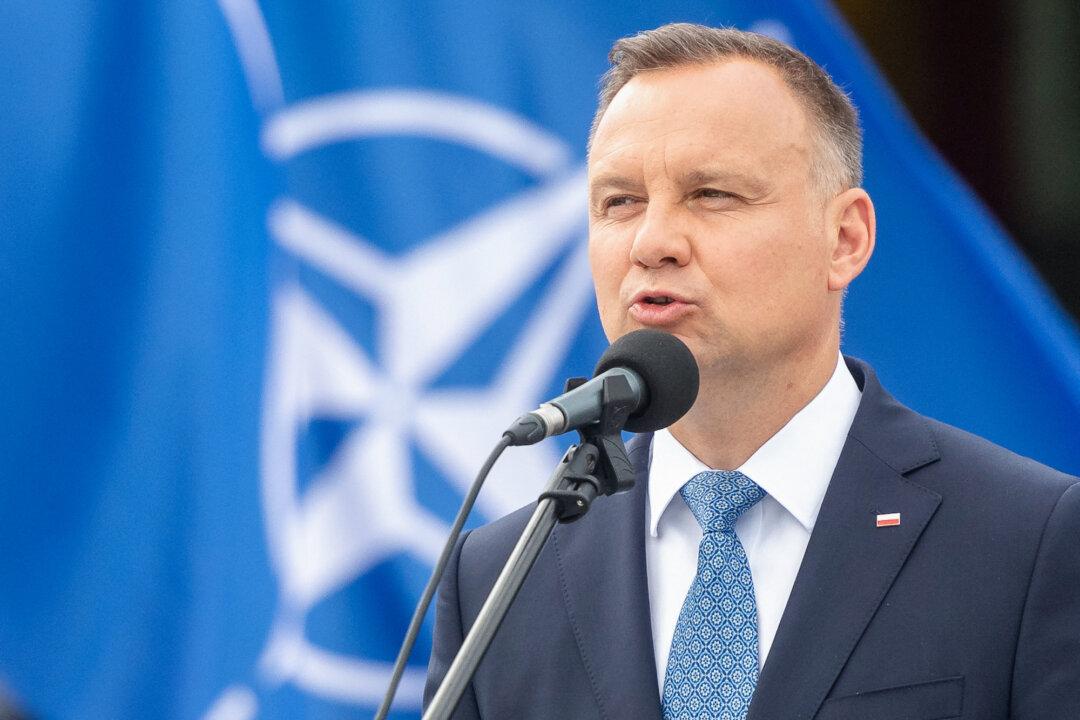Poland’s President Andrzej Duda and NATO Secretary General Jens Stoltenberg said in separate remarks on Wednesday that the deadly blast on Polish territory near its border with Ukraine was most likely caused by a Ukrainian air defense missile rather than one fired by Russian forces.
Duda said that there’s “no indication that this was an intentional attack on Poland,” according to a statement on Twitter by his office.





